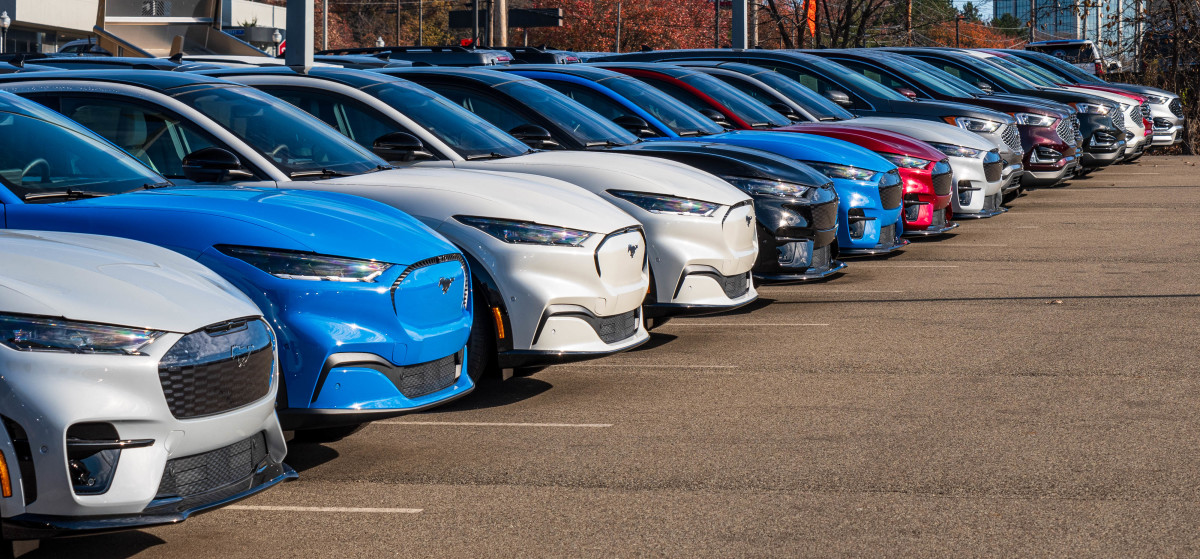Expert Reveals Game-Changing Auto Loan Tax Deduction

Understanding the Auto Loan Interest Tax Deduction
The recent passage of a significant piece of legislation has sparked discussions among drivers regarding an auto loan interest tax deduction. This deduction is capped at $10,000 annually, but industry experts suggest that only a small number of drivers will benefit from it. According to data from Caribou, a leading auto refinance platform, the actual savings for qualifying individuals may be far less than anticipated.
Based on average figures such as a new car loan amount of $41,720, an average interest rate of 6.73%, and a loan term of 68.63 months, Caribou estimates that fewer than 3% of the 100 million Americans with auto loans will qualify for this tax break. This equates to approximately 2.8 million Americans. For those who do qualify, the average annual tax savings will be around $333, not the full $10,000.
Eligibility Criteria for the Tax Break
To qualify for the tax deduction, several conditions must be met. The vehicle must have been purchased on or after January 1, 2025, and it must be for personal use. Additionally, the vehicle needs to be assembled in the United States. The deduction begins to phase out at a modified adjusted gross income (MAGI) of $100,000 for single filers and $200,000 for joint filers. If your MAGI exceeds $149,000 ($249,000 for joint filers), no deduction will be available.
Caribou’s estimation of the 3% qualification rate is based on various factors, including the expected number of new cars sold for personal use in 2025, the percentage of new vehicles assembled domestically, the proportion of new cars financed with a loan, and the income levels of U.S. consumers.
Impact on Consumer Decisions
When asked about the potential impact of the auto loan interest deduction on consumer decisions regarding financing, leasing, or paying outright for a new vehicle, Eric Stradley, President of Caribou Financial, noted that the deduction is narrowly targeted. It is limited to certain new U.S.-assembled vehicles and excludes used cars and leases. As a result, most buyers are unlikely to be affected by this change.
Stradley emphasized that personal needs, budget, and preferences remain the primary drivers of purchase decisions. The new law is unlikely to significantly influence these choices for the majority of consumers.
Refinancing as an Alternative
For those who do not meet the eligibility requirements for the auto loan tax break, refinancing can be a practical option to achieve savings. Refinancing allows drivers to lower their monthly payments and reduce total interest costs, regardless of the car's age, type, or where it was assembled, or the driver’s income level.
Stradley highlighted the importance of being cautious during the refinancing process. Borrowers should watch for hard credit checks that could affect their credit scores, hidden fees, and costly add-ons that might be bundled into new loans. Caribou helps its clients avoid these pitfalls by offering upfront disclosures, soft credit checks for pre-qualification, and dedicated loan advisor support.
Final Thoughts
While the auto loan interest deduction appeared to be a highlight of the recent legislative changes, the number of drivers set to qualify and the actual savings seem modest. Personal needs and budgets continue to play a crucial role in purchase decisions. Refinancing remains a viable option for achieving financial benefits, but borrowers should approach it carefully to avoid potential pitfalls.